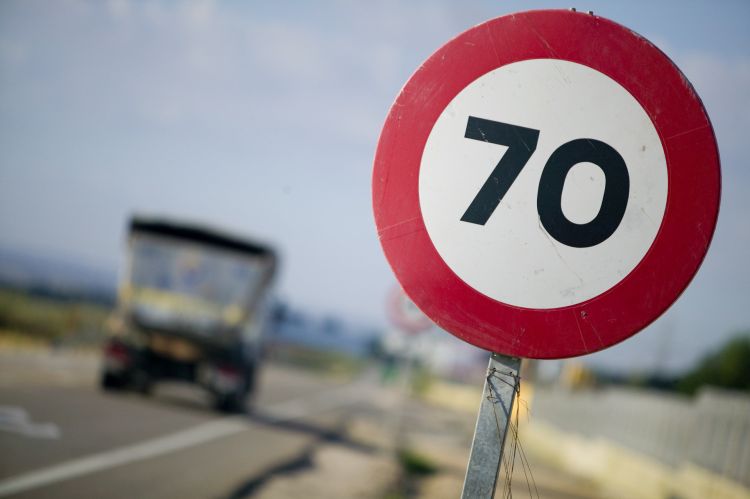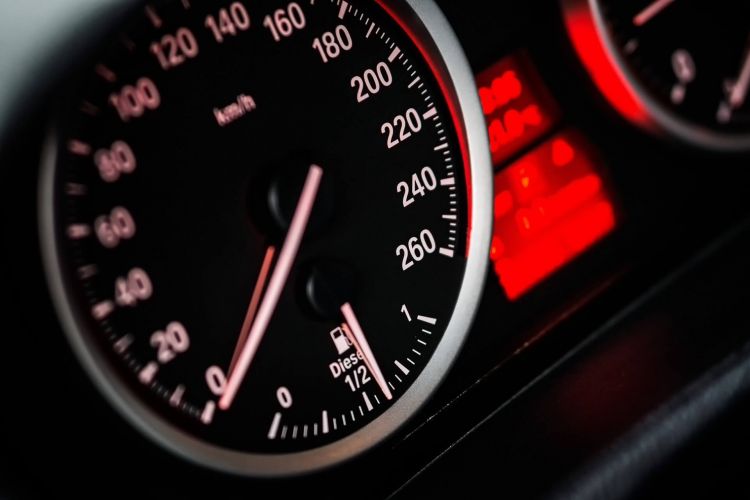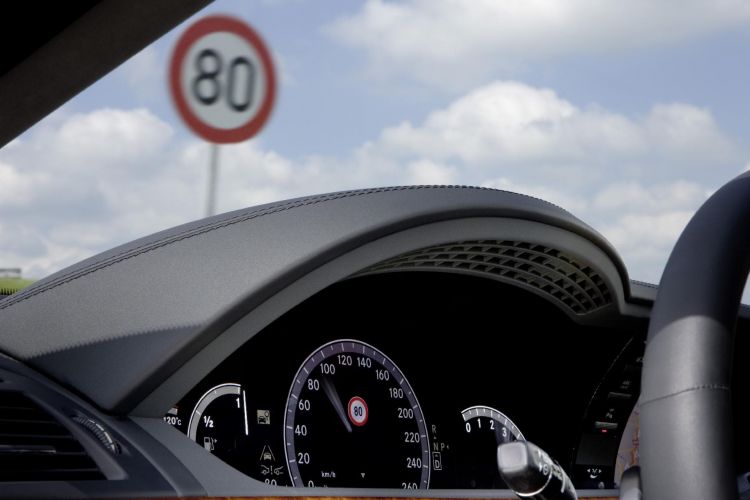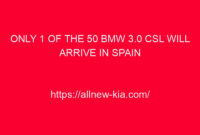There are many proposals received by the Directorate General of Traffic. We recently told you about the request that the driving schools made to improve the training of future drivers and reduce the accident rate. Now, the request comes from someone who knows the DGT well because he has been part of it: they want the speed limits to be reduced, from which the fine includes loss of points.
The proposal is from Ramon Ledesma and it arises as a result of the balance of accidents that, a few days ago, the DGT and the Ministry of the Interior made public. Given the increase in the number of deaths, the advisory councilor of Pons Seguridad Vial, took advantage of an interview granted to The world to launch your request. Ramón Ledesma knows the General Directorate of Traffic well because he held the position of deputy general director of Regulations and Resources from 2004 to 2012.
A reduction of 5 km/h
From your point of view, reduce the speed limit from which points are deducted from the driver’s license by 5 km/h It would be a formula to reduce the accident rate on the roads.
It should be remembered that when a driver exceeds the limits, but does not exceed them by 20 km/h (city) or 30 km/h (highway), there is no loss of points: the fine is only economic and amounts to 100 euros. Things change from that barrier because, then, the excess becomes a serious or very serious violation.
The number of points that are lost It depends on the speed, but also on the setting. If a driver drives through a Street exceeding the limit between 21 and 30 km/h, you will lose two points. If you do it between 31 and 40 km/h, it will be four points and between 41 and 50 km/h, it will be six points. From 51 km/h the same points are lost and an excess of more than 60 km/h or more (circulating at more than 90 km/h on a 30-mile street or more than 110 km/h on a 50-mile street) means a crime against road safety.
In interurban roads (conventional, highways and highways) the margin is somewhat higher. An excess of 31-40 km/h implies a loss of two points, with one of 41-60 km/h, four points are lost and with one of 61-70 six points are lost. The same happens if you are driving above the maximum speed of 71 km/h. And, as in the previous case, with an excess of more than 80 km/h (circulating at more than 191 km/h) a crime against Road Safety can be incurred.
Ramón Ledesma’s proposal focuses precisely on interurban roads. With the reduction of 5 km / h that he asks for, the loss of points in the back roads, whose limit is 90 km/h, would occur at the moment in which the driver circulated at 115km/h (instead of the current 121 km/h). In highways and highways, limited to 120 km/h, this subtraction would occur at the 146km/h and not at 151 km/h.
Other proposals
This is not the only request that Ramón Ledesma makes to the DGT: he also asks for dynamic speed limits depending on the conditions. Specifically, bet on reduce the maximum by 20 km/h when there is an incident on the road: breakdowns, works, accident… On the other hand, he points out that the implementation of elevated pedestrian crossings would help to minimize the number of accidents.
Finally, go recommended include the right of recourse in the Insurance Law to reduce distracted driving. With this figure, the insurance company would take charge of the disorders suffered by the victim and the driver will be responsible for the damages caused by his mistake.
From the Ministry of the Interior to the Ministry of Mobility
Another of the points addressed by the Pons Road Safety counselor is the location of the DGT: from his point of view it should be transferred from the Ministry of the Interior to that of Mobility. In the first, it is classified as an administrative and not a political center, while in this move it would become the General Secretariat and would be renamed the State Mobility Agency.
For Ramón Ledesma, from his current position, it is difficult to face the challenges that are coming: “The regulation of the connected vehicle, the circulation restrictions derived from the low emission zones, the payment for the use of the infrastructures or greater consequences on drivers due to the use of mobile phones”. And it is that he sees that the current model, which dates from the sixties, is already showing signs of exhaustion due to “its institutional position”.







